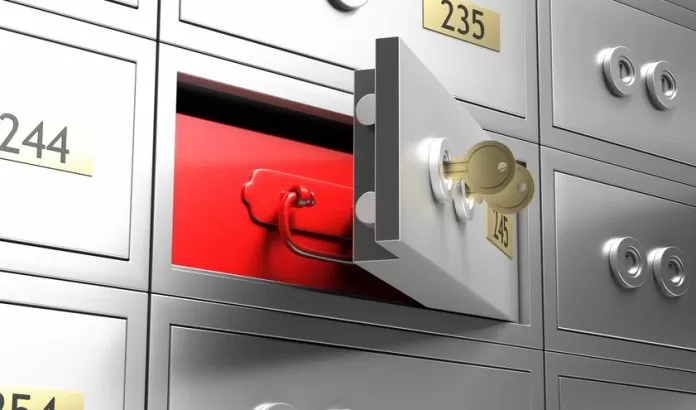
Locker facility is provided by many banks. In this locker, people keep their important documents, jewellery or any other items which need a lot of security. That is why it is also called safe deposit locker. Many people think that they can keep anything in the bank, but according to the rules of the Reserve Bank of India, keeping some things in it is prohibited. Let us know what are the revised rules of the Reserve Bank of India.
What can be kept in a bank locker?
According to the Reserve Bank of India, a bank locker can be used only for legitimate purposes. Valuables like jewellery and documents can be kept in it. These things of yours remain completely safe in the locker.
What things are prohibited to keep in a bank locker?
- According to the State Bank of India website, first of all you cannot keep cash or currency in the locker.
- Apart from this, things like weapons, explosives, drugs etc. cannot be kept in any bank locker.
- If there is any perishable item then it also cannot be kept in the locker.
- Any radioactive material or any illegal item or any item which is prohibited as per Indian law cannot be kept in a bank locker.
- No such material can be kept in a bank locker which could pose a threat to the bank or any of its customers.
Bank locker opens with two keys
Two keys are required to open a bank locker. One key is with the customer and the other with the bank manager. Unless both the keys are used, the locker will not open. Now the question is what happens if the key to the bank locker is lost? What are the rules related to bank lockers? Let's know.
If the key of the bank locker is lost, then first of all you have to inform the bank about it. Also, an FIR has to be lodged for the loss of the key. If the key of your bank locker is lost, then two things can happen in that situation-
First of all, the bank issues a new key to your locker. For this, the bank will get a duplicate key made. However, there is a risk in getting a duplicate key made that the person who makes the duplicate key of that locker may do something wrong in the future.
The second situation is that the bank will issue you another locker and the first locker will be broken. After breaking the locker, all its contents will be shifted to another locker and its keys will be given to the customer. However, the customer may have to bear all the expenses from breaking the locker to getting it repaired again. In such a situation, try to keep the keys very carefully.
How did the locker break?
The arrangement of a bank locker is such that both the customer and the bank officer are present during every work from opening it to breaking it. Whenever a customer goes to the bank to get his locker opened, the bank manager also goes with him to the locker room. There two keys are used in the locker. One key is with the customer and the other with the bank. Unless both the keys are used, the locker will not open. After the locker is unlocked, the bank officer leaves the room and the customer can see, change or take out the items kept in the locker with complete confidentiality.
Similarly, when a bank locker is broken open, it is necessary for the bank official as well as the customer to be present there. If the locker is taken jointly, it is necessary for all the members to be present there. If the customer gives in writing that the locker can be broken open even in his absence, then the locker can be broken open even without the customer and the items present in it can be shifted to another locker.
When can the bank itself break open the locker?
If a person has a criminal case registered against him and it seems that the person has hidden something in his locker which may be related to the crime, then the locker can be broken. However, in this situation, the presence of bank officials as well as police officials is necessary.
According to SBI, if a person does not pay his locker rent for 3 years, the bank can break open the locker and recover the rent. If a customer's locker remains closed for 7 years and the customer is not traceable, the bank can break open that locker even if the rent has been paid.
 look news india
look news india